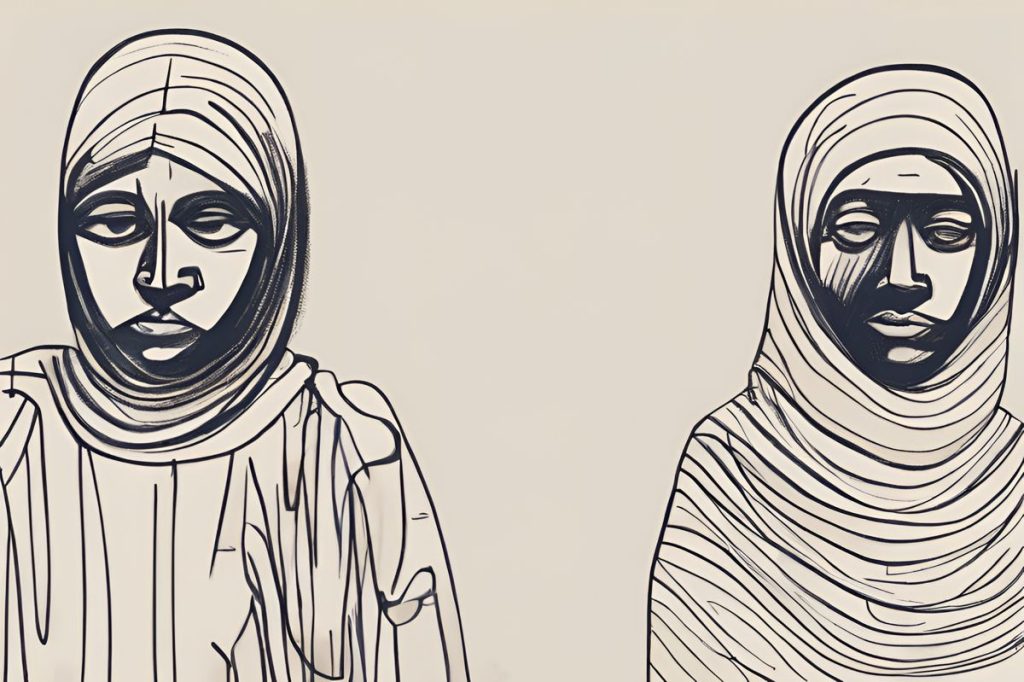Following a controversial police raid in Limassol, Bangladeshi nationals reported alleged abuse, physical violence, and language aggression during the operation that resulted in the death of Anisur Rahman. Victims claimed their legal rights were violated, highlighting concerns about police conduct and transparency in the investigation.
What allegations have surfaced following the police raid in Limassol involving Bangladeshi nationals?
Allegations of misconduct against police in Limassol include claims of physical abuse, language aggression, and forceful entry during a raid that resulted in a young Bangladeshi man’s death. Victims assert their legal rights were violated, having been denied legal counsel amidst rumors of an illegal police entry.
Controversy Over Police Conduct
Police faced backlash following a contentious raid in Limassol, which culminated in the tragic death of a young Bangladeshi man, Anisur Rahman. Allegations of misconduct emerged after a protest outside the Limassol Criminal Investigation Department (CID), where a text message from one of the affected Bangladeshi nationals was publicly read. The message detailed a harrowing account of the raid, claiming that the officers, dressed in civilian clothing and asserting they were from the immigration police, forcibly broke into the apartment, causing fear and confusion among its occupants.
According to the message, the police were accused of physical abuse and language aggression. The occupants were allegedly sleeping at the time of the incident, which quickly escalated as doors were broken and individuals were arrested. The question posed by the victims was poignant: “What was our crime?” The text underscored the distress felt by the Bangladeshi community over the loss of life and the manner in which they were treated.
Conflicting Accounts and Legal Rights
In stark contrast to the victims’ statements, the police maintained that the operation was conducted lawfully, claiming that only two officers were present and that they had obtained consent before entering the apartment. However, criticism mounted as rumors surfaced about the involvement of up to 15 officers in the incident. The police’s version of events was further scrutinized after reports that the Bangladeshi nationals had not been given access to legal representation, raising serious concerns about their rights and the integrity of the investigation.
Michalis Paraskevas, a lawyer speaking with local media, emphasized that every person in Cyprus, irrespective of their legal status, is entitled to legal counsel. This fundamental right seemed to have been negated for the Bangladeshis involved, with some allegedly held for deportation without access to any lawyer. The police, in their statements, did not address these allegations but did confirm that the detained individuals were residing in Cyprus illegally.
Human Rights Under Scrutiny
The incident brought to light the precarious situation of migrant workers and the importance of safeguarding human rights. In a country that relies on the contribution of foreign labor, the episode in Limassol raised critical questions about the treatment of vulnerable populations and the accountability of law enforcement agencies. The Bangladeshi community’s call for clarity and justice reflected a broader demand for transparency and adherence to human rights norms.
As the community awaited further developments, no information was provided regarding the landlord of the apartment, who reportedly charged €2,000 for the rental space. The silence on this matter added another layer to the complexity of the situation, touching on issues of housing and exploitation of migrant workers.
The Aftermath of the Raid
The aftermath of the raid left the community in distress, with one life lost and another in serious condition. The incident not only sparked protests but also led to a complaint filed with the independent authority responsible for investigating police conduct. The police force’s subsequent statement attempted to refute the claims of abuse and unlawful entry, yet did not address the lack of legal representation for the detained individuals.
In a bid for transparency and due process, the police encouraged anyone with alternative testimony to come forward, providing contact details for the CID Headquarters and the Citizen’s Line. With the investigation ongoing, the Bangladeshi nationals and their advocates awaited a just resolution and a thorough examination of the law enforcement practices that led to this tragic event.
What allegations have surfaced following the police raid in Limassol involving Bangladeshi nationals?
Allegations of misconduct against police in Limassol include claims of physical abuse, language aggression, and forceful entry during a raid that resulted in a young Bangladeshi man’s death. Victims assert their legal rights were violated, having been denied legal counsel amidst rumors of an illegal police entry.
What is the controversy over police conduct in relation to the raid in Limassol?
Police faced backlash following a contentious raid in Limassol, which ended in the tragic death of Anisur Rahman, a young Bangladeshi man. Allegations of misconduct, including physical abuse and language aggression, emerged after a protest outside the Limassol Criminal Investigation Department (CID), shedding light on concerns about police conduct and transparency in the investigation.
What conflicting accounts and legal rights issues have arisen from the incident?
While the police maintained that the raid was carried out lawfully with only two officers present and consent obtained before entry, victims claimed up to 15 officers were involved and that legal rights were violated. The detained individuals, reportedly residing in Cyprus illegally, were allegedly denied access to legal representation, raising serious concerns about due process.
How has the raid in Limassol affected the human rights discourse and migrant worker treatment in Cyprus?
The incident highlighted the vulnerability of migrant workers and raised questions about human rights protection and law enforcement accountability. Calls for transparency and justice from the Bangladeshi community underscored the broader demand for adherence to human rights norms in a country reliant on foreign labor.

